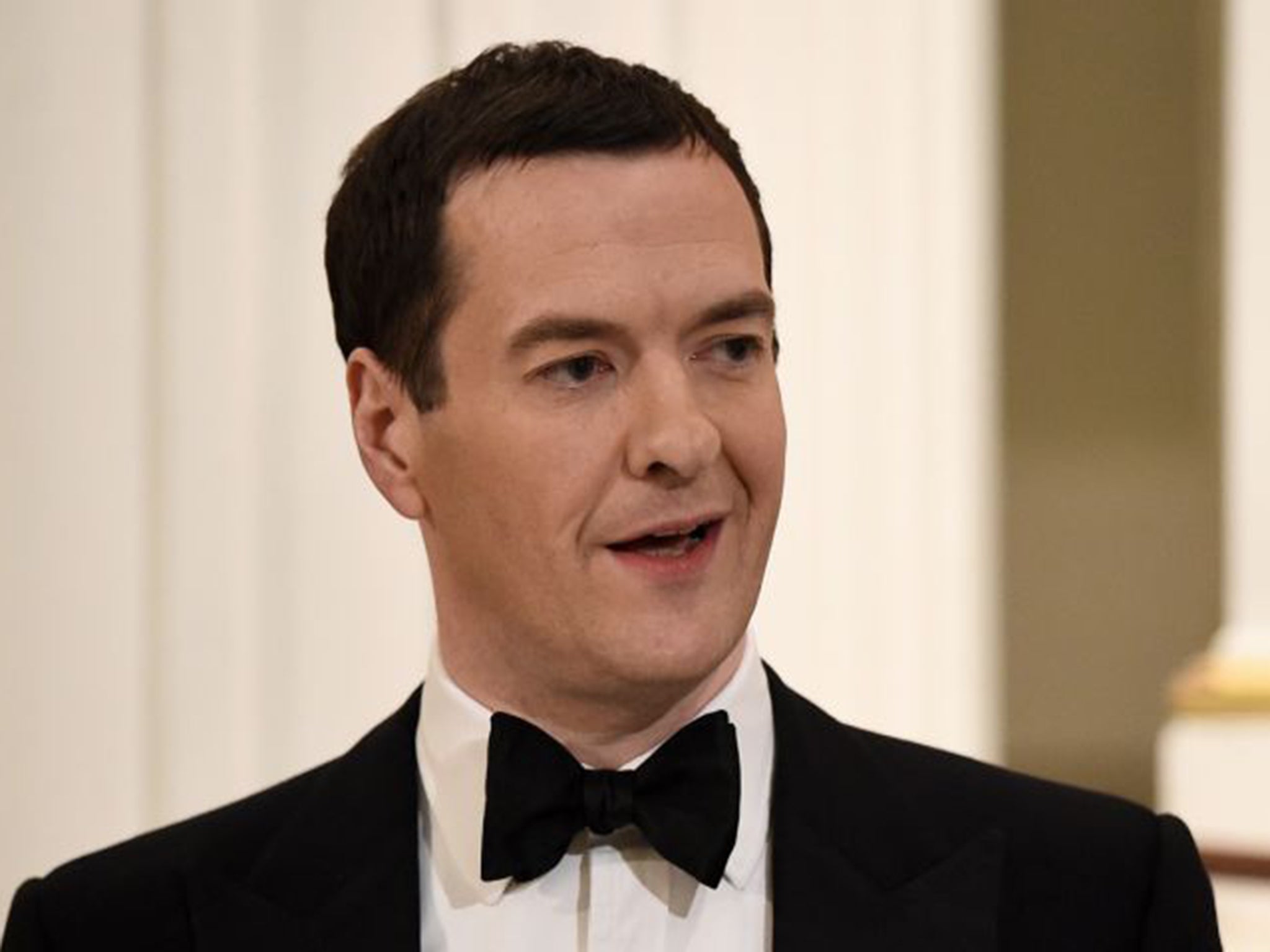Emergency Budget 2015: It takes a lot of hard work to be as lucky as George Osborne
This is the Chancellor’s moment both of maximum opportunity and maximum risk


George Osborne has been a lucky Chancellor. This is a problem because he likes to think of himself as the greatest political mind of his generation, which means that the danger of this week’s Budget is hubris. A post-election Budget is when a new government, especially one with an unexpected mandate, can take tough, unpopular decisions. But it is also when it is most likely to make a mistake.
Osborne’s assessment of his own ability is not unfounded. He reads politics well. I am told that, when David Cameron prepares for Prime Minister’s Questions (PMQs), he is usually the sharpest mind in the meeting – “apart from Osborne”. That is how the two of them rose to eminence. Cameron was on John Major’s team preparing for PMQs; Osborne was on William Hague’s; they both worked on PMQs for Iain Duncan Smith and then for Michael Howard. This is no trivial skill. PMQs is not just a noisy game for geeks, it is also the very cockpit of government.
As Cameron explained at PMQs last week, the weekly session “puts the Prime Minister on the spot to the public, but it also puts the Government on the spot to the Prime Minister – needing to know issues right across every department before coming to the House of Commons at 12 o’clock on a Wednesday is an important mechanism of accountability”.
Now Osborne has made the transition from adviser to principal. Last month he stood in for Cameron, who was hawking his renegotiation around Europe. The Chancellor didn’t do brilliantly, but he looked as if he was supposed to be there, and the noise from the Conservative benches was unforced and revealing: they see him as their warrior. The contrast with his rival for the succession is striking. Boris Johnson has spoken only four times in the new Parliament, each time to ask a question (once of his brother Jo, the universities minister) and at no time to leave a mark.
Osborne has also operated client politics adroitly. Tory MPs know that his favour is important to promotion. And he chooses well for his own team: since the election he has poached James Chapman, political editor of the Daily Mail, as his chief spokesman. I declare an interest, as my desk was across the room from Chapman’s in the Commons press gallery for many years: I regard him highly, and so do Westminster journalists generally.
So, Osborne has worked hard to be as lucky as he has been. His judgement is mostly good, and he is self-aware enough to deal with the times when it isn’t. His low point was the 2012 Budget, when he tried to scrap the 50p higher rate of income tax on incomes above £150,000 a year. Cameron and Nick Clegg united to force him to compromise by cutting it to 45p. Even that was a disaster: it was a tax cut for the rich that needlessly destroyed the claim that we were all in it together. But at least they could point out that the 45p rate was higher than the 40p rate that applied for all but 30 days of 13 years of Labour government.
A more cynical politician would have realised that the 50p rate didn’t matter that much. Its main value was symbolic, putting “broadest shoulders, heaviest burden” up in neon lights. Cutting it neither loses revenue nor gains it and the long-term effects are disputed. But Osborne’s low-tax ideology won out over the politics. He was lucky that Ed Miliband proved unable to occupy that centre ground, and that the economy grew so strongly in the year before the election – more strongly than was predicted, according to last week’s revised figures.
Budget 2015: Sunday trading hours to go round-the-clock
Osborne to axe housing subsidies for high income earners
The Tories were given a mandate - now we'll see what they're about
Burnham: Time to take on the Tories' economic myths
The word from the Treasury is that this week’s “will be a big Budget”. Which is odd, because we have already had one this year, in March. Since then, Cameron has been elected with a majority of his own, so he doesn’t need the Liberal Democrats, but he has wisely been a liberal Tory anyway, pushing on to the centre ground. So, the politics of the pre-election and post-election Budgets ought to be pretty much the same. Indeed, the other part of the pre-Budget spin is that it will be a “one-nation” affair.
It is hard to see, then, where the “big” changes will come. A “one-nation” Budget wouldn’t cut the top rate of income tax to 40p – certainly not until the deficit has been cleared. Nor would it cut inheritance tax for families with expensive houses, but that was promised in the Tory manifesto. It might even reform the bedroom tax, and it would set out a cautious plan for cutting tax credits to meet the target of £12bn in annual welfare savings.
All chancellors say they would like to be remembered as great tax reformers, but with the partial exception of Nigel Lawson, they find the imperatives of short-term politics too great. Especially those chancellors who want to be prime minister. This is Osborne’s moment of maximum opportunity and maximum risk. He has to guard against overreaching himself.
Join our commenting forum
Join thought-provoking conversations, follow other Independent readers and see their replies
Comments
Bookmark popover
Removed from bookmarks